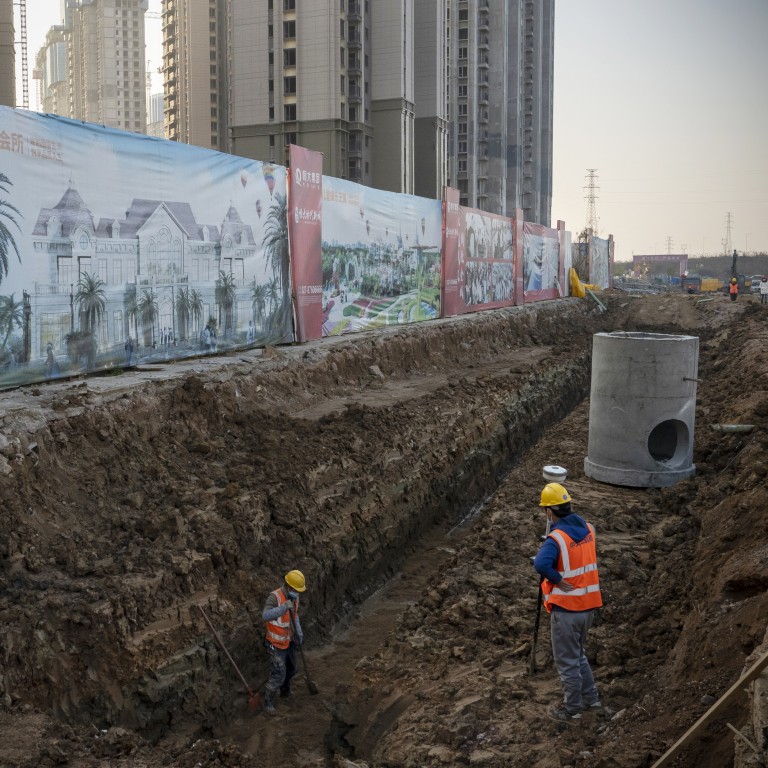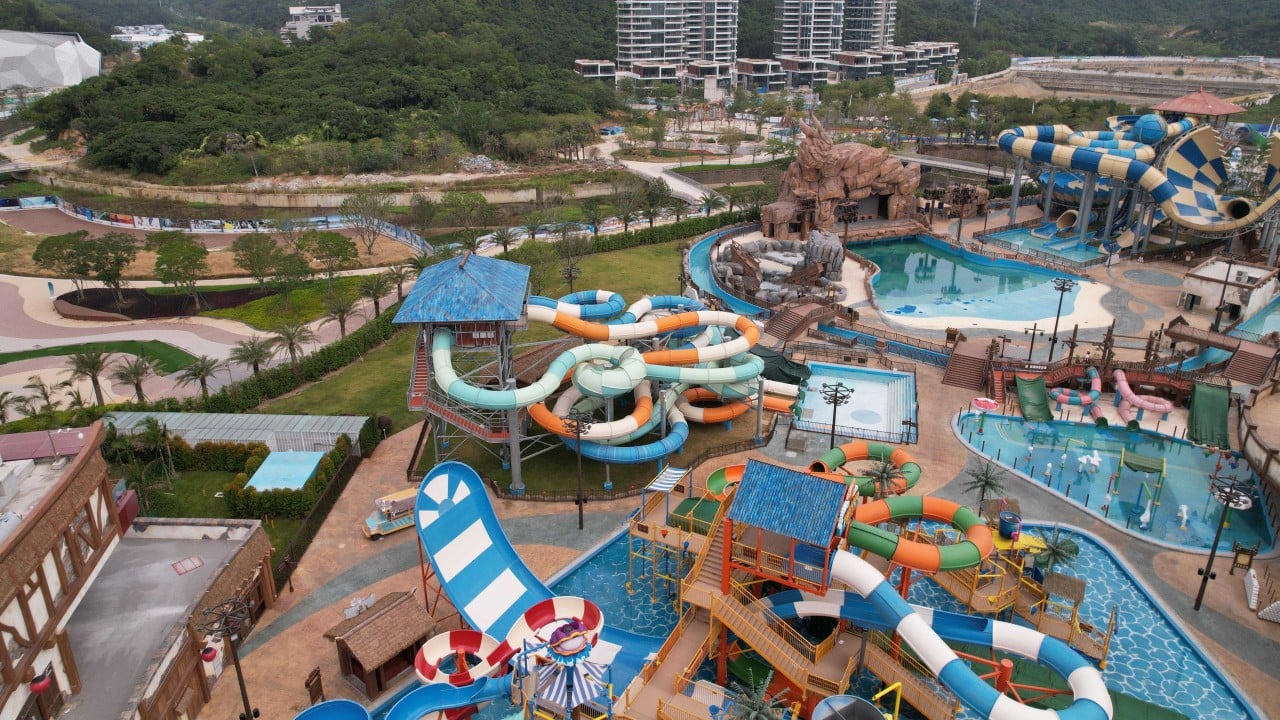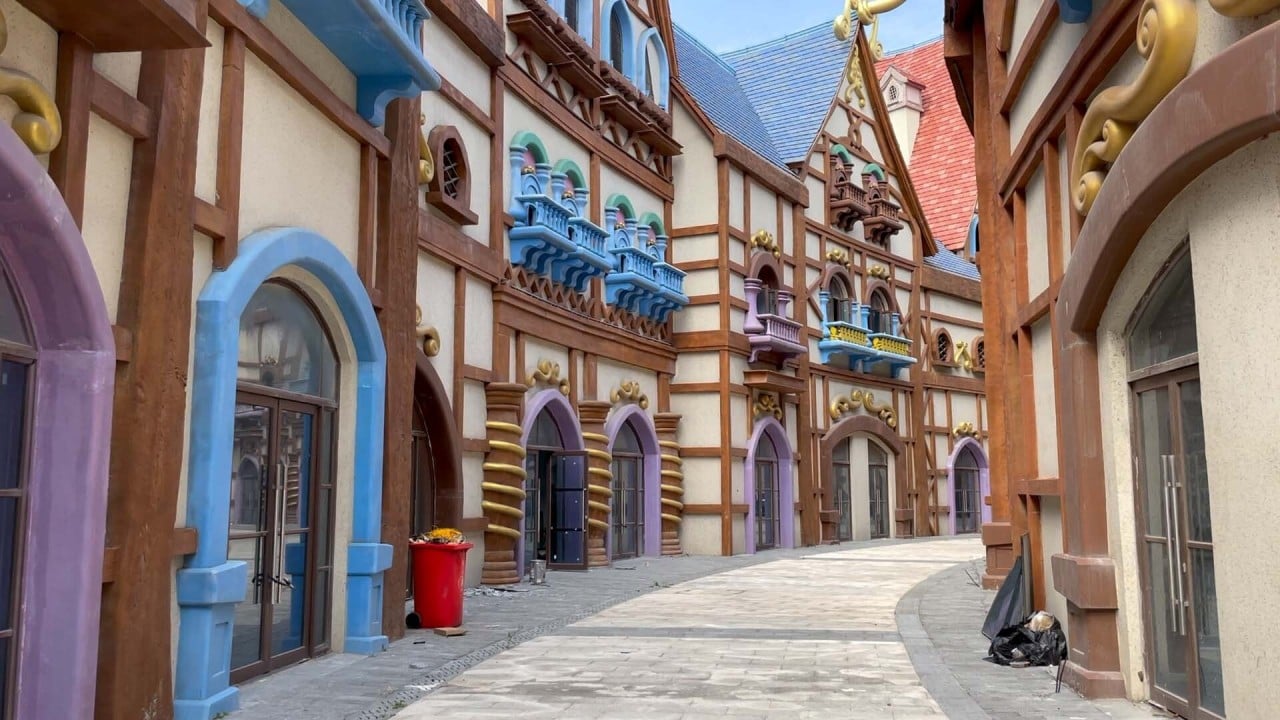
Evergrande’s founder repeats pledge to complete homes for buyers as he rallies staff to step up to turn around world’s most indebted developer
- Hui wants to deliver 39,000 homes this month, compared to less than 10,000 units each month between September and November
- Billionaire says employees will be required to not ‘lie flat’ and pledge to a quickened pace of home construction and sales
At a weekly meeting with company executives on Sunday, the 63-year-old billionaire said all employees will be required to not “lie flat” – a buzzword in China that means giving up or doing nothing – and pledge to a quickened pace of home construction and sales, so that the developer could repay all its debt.
“As long as we do our utmost, at any cost, to resume construction at our projects, we will be able to deliver homes to buyers,” he said, according to a statement by the company on its WeChat social media account. “We will also be able to resume sales and normal operations of the company and, eventually, repay all debt.”
Shenzhen-based China Evergrande is the world’s most indebted developer, with US$300 billion in liabilities. It has been under fire since September, when it defaulted on a wealth management product and missed a coupon payment for an offshore bond.
Since then, the developer has made several attempts to avoid defaults through last-minute payments. The crisis at China Evergrande has also triggered mounting concerns about China’s property sector, which has high gearing, and the growth outlook for the world’s second-largest economy.
Hui said that China Evergrande aimed to deliver 39,000 homes from 115 developments across the country in December, compared to less than 10,000 units each month between September and November.
Work has resumed at about 92 per cent of the developer’s projects, 40 percentage points higher than September, with 89,000 workers involved in the construction work, according to its statement.
China Evergrande had land reserves covering 778 projects in 233 cities across China as of June 30, according to its latest interim report. Some projects had been suspended because of its failure to pay suppliers and contractors, a crisis that shook the industry and investors in Chinese offshore property stocks and bonds.
“It is still too early to conclude that a high rate of work resumption could be enough to help the group overcome its capital crunch,” said Yin Ran, a Shanghai-based angel and property investor. “Total debts of about 2 trillion yuan [US$314 billion] is a big sum and not easy to deal with at a time when the government is taking a harsh stance on developers’ excessive leverage.”
Typically, shares pledged to a creditor as a “security interest” or collateral can be sold in case a loan goes bad.



